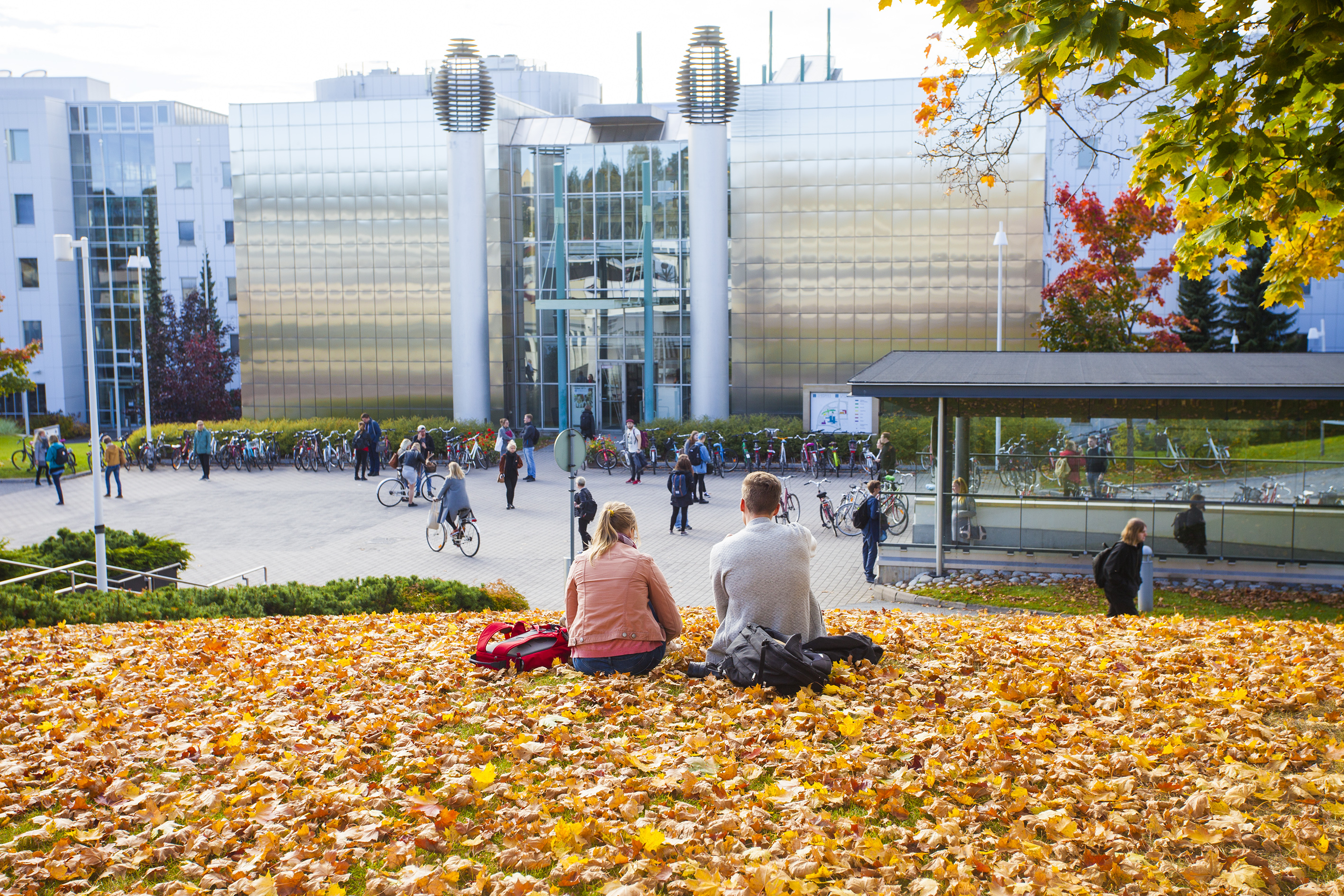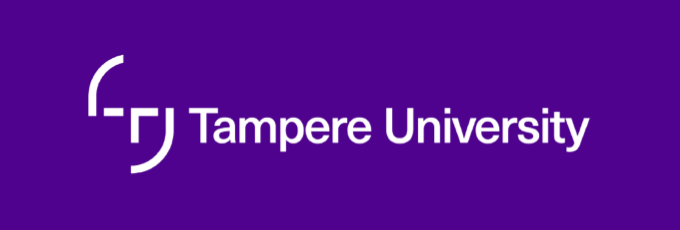Can machines think? If people can reveal their intimate thoughts to a rudimentary chatbot built in the 60s, are we looking into a future of robot therapists? How private should our cloud accounts be? Can you program computers to predict, stop or solve the next economic crisis? How do you make microprocessors not just smaller and more energy-efficient, but also more secure? What defines a “knowledgeable” natural language generation program — is it one that can write, code and compose poetry like the “GPT-3”? How can we make Siri and Alexa recognize and respond more sensitively to a wider range of distress calls?
The field of computing sciences is rife with questions that go far beyond technology. It involves discussions about what it is to be human and the world we live in. Our subconscious understanding of words, an aversion to Big Brother-like surveillance, the evolving judgments of what constitutes good and evil, that the planet is in the middle of a climate crisis — these issues are being addressed via technology. These realities and their implications can no longer be ignored. Dealing with machines and automata by looking at it via one discipline is, at best, myopic; at worst, it is fodder for a real-life Black Mirror episode.
Fresh solutions will come from places like the Computing Sciences unit at Tampere University. At this multidisciplinary hub, researchers, professors and students tap the wide range of topics in information technology and how they influence industry, society and the scientific community. The university is a result of two universities coming together with the realisation that the problems faced by humanity have changed and an approach that cuts across disciplines will not only deliver more effective responses but also open up new opportunities for science and its applications.
It was this search for an advanced degree — less technical, more human — and no less exciting than a singular-discipline focus that made Biju Thankachan travel all the way from India to Finland in 2013. He found his degree, Tampere University’s Master’s Degree Program in Computing Sciences, provided this — and so much more.
“Tampere offers the best of both worlds. It is small, yet there are plenty of options to explore, be it the lakes, bars, libraries, or nature. Tampere is less crowded (and being from India, I know what I am talking about). People are super nice and helpful. The same can be said about Finland in general,” he says.
There are facilities like the AI Hub and the TAUCHI Research Center as well as research groups, such as the Predictive Society and Data Analytics Lab. They host projects that include the Human-Centered AI Solutions for the Smart City (KITE), drawing on several academic disciplines to explore the experiences and expectations of Tampere residents when using AI. “AI is much researched but introducing the human aspect to AI solutions is still quite new internationally,” says Professor Kaisa Väänänen.

Source: Tampere University Computing Sciences
“After seeing not just what kind of needs and demands, but also concerns there are about AI, we decided to combine AI research with human-centered technology design. Both have a long tradition at Tampere University,” Väänänen continues.
Such research and initiatives cast light on the type of education aspiring computing experts like Biju can get at this leading Finnish institution: multidisciplinary, influential and forward-thinking.
For Tampere University’s Master’s Degree Program in Computing Sciences, there are seven study tracks to choose from — Data Science and Statistical Data Analytics lead to a Master of Science Degree. Machine Learning leads to a Master of Science in Technology degree. The remaining four tracks are Human-Technology Interaction — MSc or MSc Tech — and Software, Web and Cloud — MSc or MSc Tech.
To apply to any MSc Tech track, a candidate must hold a bachelor’s degree in computing, information technology, computer science, electrical engineering, software engineering or other applicable fields, with proficiency in mathematics, physics and elementary programming skills.
Professional opportunities at Tampere University
Support matters. It is the missing piece to many university experiences — but not at Tampere University. Here, educators know a multidisciplinary degree and world-class facilities can only do so much in advancing a student’s career.
Instead, what has been proven to work is a system where students have a direct line to experienced professionals. People with mentors are more likely to get promotions, according to a study in the Journal of Applied Psychology. This personalized approach to tap their knowledge and skills is invaluable to any professional — this explains why the university has implemented three Talent Tampere mentoring programs conducted in English. They are meant to support international students, the spouses of international staff, as well as doctoral students.
Mentees receive a confidence boost, a broader perspective on their career options and insight on what it’s like to work in Finland. This adds to the benefits they already receive from Tampere University’s broad and versatile collaboration with companies. “For one, the programs provide international mentees with first-hand experience of Finland’s typically straightforward business culture with a low level of hierarchy. It comes as a surprise to many of our mentees that they can be on a first-name basis with their mentor,” Kaisa Niskanen, planning officer in the Career Services Unit at Tampere University, points out.
To find out more on how you can get an advanced, multidisciplinary and experiential degree in computing sciences from one of the best universities in the world, click here.
Follow Tampere University’s Computing Sciences unit on their blog and Twitter











